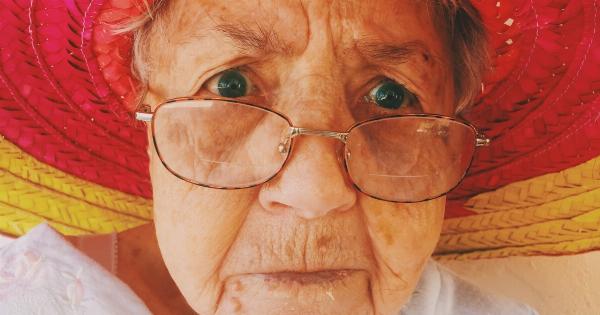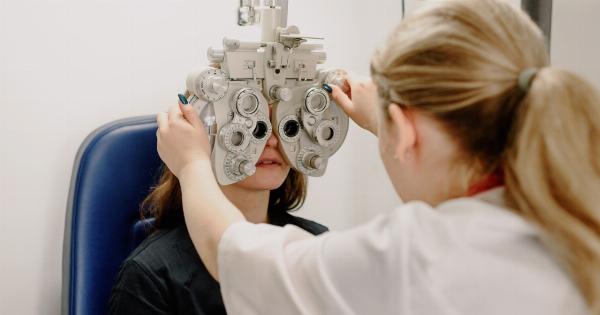Your liver is a vital organ that helps your body digest food, store energy, and remove toxins. It is the largest internal organ and performs over 500 essential functions.
However, due to factors like poor diet, excessive alcohol intake, and hepatitis infections, your liver may be at risk of various diseases. The good news is that you can take practical steps to protect your liver and prevent liver diseases. Here are some tips that can help you avoid liver problems.
Eat a Healthy Diet
Eating a healthy, balanced diet is essential for good liver health.
Avoid consuming foods high in saturated and trans fats, such as fatty meats, deep-fried foods, and processed snacks, as they can cause fat buildup in your liver and lead to non-alcoholic fatty liver disease (NAFLD). Instead, include plenty of fruits, vegetables, whole grains, and lean proteins in your diet. Also, stay hydrated by drinking enough water and fluids to help flush out toxins from your liver.
Limit Alcohol Intake
Alcohol is a significant cause of liver damage, and excessive consumption can lead to alcohol-related liver diseases such as alcoholic hepatitis and cirrhosis. If you drink alcohol, it is advisable to do so in moderation.
The recommended limits for alcohol intake are no more than one drink per day for women and no more than two drinks per day for men. Heavy drinkers should seek help to quit drinking or reduce their alcohol intake to prevent liver damage.
Avoid Exposure to Toxins
Chemicals and toxins can harm your liver and cause liver damage or disease. Minimize your exposure to toxic substances such as chemicals in cleaning products, pesticides, herbicides, and heavy metals like lead and cadmium.
Wear protective gear when handling hazardous materials, and try to avoid inhaling or ingesting toxic substances. If you work in a hazardous environment, follow safety guidelines to protect your liver health.
Get Vaccinated Against Hepatitis B and C
Hepatitis viruses B and C are infections that can cause inflammation and liver damage. These viruses can be transmitted through blood transfusions, unprotected sex, shared needles, and from an infected mother to her child.
Getting vaccinated against hepatitis B and C can lower your risk of contracting these viruses and reduce your chances of developing liver problems. If you think you have been exposed to hepatitis B or C, see your doctor immediately.
Exercise Regularly
Exercise is beneficial for your overall health, including liver health. Regular exercise can help reduce your risk of obesity, diabetes, and cardiovascular diseases, which are all risk factors for developing liver diseases.
Exercise also helps to improve blood flow to your liver, providing it with the necessary nutrients and oxygen to function correctly. Aim for at least 30 minutes of moderate-intensity exercise every day, such as brisk walking, cycling or swimming.
Manage Your Weight
Being overweight or obese can increase your risk of liver diseases such as NAFLD and liver cancer. Losing weight can help reduce fat in your liver and improve liver function.
Maintaining a healthy weight can also help prevent the development of other chronic diseases such as diabetes and high blood pressure, which can also harm your liver. Eat a balanced, low-calorie diet, exercise regularly, and keep track of your weight to stay healthy and protect your liver.
Take Medications Carefully
Some medications can cause liver damage or interact with other medications and supplements to harm your liver. Always read the labels and instructions for any medications you are taking, and take them only as prescribed.
Be cautious when taking herbal supplements or alternative remedies, which may be harmful to your liver or interact with other medications. If you experience any symptoms such as nausea, vomiting, or abdominal pain when taking medication, talk to your doctor immediately.
Practice Safe Sex
Unprotected sex can increase your risk of sexually transmitted infections, including hepatitis B and C, which can cause liver damage. Use condoms consistently and correctly to protect yourself from sexually transmitted infections.
If you are unsure about your sexual health or think you may have been exposed to hepatitis B or C, see your doctor or a sexual health clinic for testing and advice.
Quit Smoking
Smoking tobacco can harm your liver and lead to liver cancer and other diseases. Smoking cigarettes increases your risk of developing liver cancer, even if you do not drink alcohol or have other risk factors.
Quit smoking to reduce your risk of liver diseases and improve your overall health.
Conclusion
Your liver is a vital organ that performs many essential functions, and protecting your liver health is essential for your overall health. The tips outlined above can help prevent liver diseases and protect your liver from damage.
Practice healthy habits such as eating a balanced diet, limiting alcohol intake, exercising regularly, quitting smoking, and getting vaccinated against hepatitis B and C to keep your liver healthy for years to come.





























